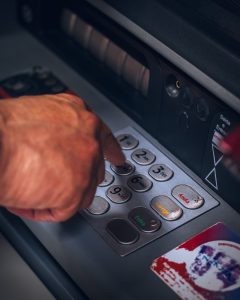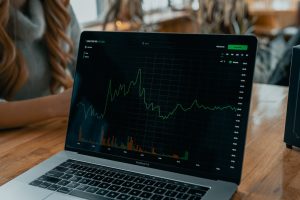Foreign exchange, commonly known as forex, is the largest financial market in the world, with an average daily trading volume of over $5 trillion. Banks are one of the largest participants in this market, and with the advancement of technology, the forex market is now accessible to retail traders, as well. In this article, we will explore which banks trade forex and why they do so.
Forex trading is the exchange of one currency for another in the hopes of making a profit from the fluctuation in exchange rates. Banks play a crucial role in this market because they act as intermediaries between buyers and sellers. Banks facilitate the trading of currencies by providing liquidity and pricing for buyers and sellers.
Major international banks such as JPMorgan Chase, Citigroup, Deutsche Bank, Barclays, and HSBC are some of the biggest players in the forex market. These banks have dedicated trading departments that are responsible for executing trades on behalf of the bank’s clients and managing the bank’s own forex positions.
Banks trade forex for several reasons. Firstly, they trade forex to meet the needs of their clients. Many businesses and individuals require foreign currency for various purposes, such as importing and exporting goods, paying for services, and investing in foreign assets. Banks provide these clients with access to the forex market, allowing them to buy and sell currencies at competitive rates.
Secondly, banks trade forex to generate revenue. Forex trading is a profitable business for banks, as they earn money through commissions and spreads. Banks make money by charging clients a commission on each trade or by taking a spread, which is the difference between the buying and selling price of a currency.
Thirdly, banks trade forex to manage their own foreign currency exposure. Banks hold large amounts of foreign currency reserves, which they use to facilitate international transactions, such as trade finance and foreign investments. Banks also use forex trading to hedge their foreign currency exposure, which is the risk of loss due to changes in exchange rates. By trading in the forex market, banks can offset the risk of currency fluctuations and protect their profits.
Finally, banks trade forex to take advantage of market opportunities. The forex market is highly liquid and volatile, which means that prices can change rapidly. Banks have access to real-time market data and sophisticated trading technology, which allows them to respond quickly to market events and take advantage of profitable trading opportunities.
In conclusion, banks are significant participants in the forex market. They trade forex to meet the needs of their clients, generate revenue, manage their own foreign currency exposure, and take advantage of market opportunities. The forex market is a vital component of the global economy, and banks play a crucial role in facilitating international trade and investment. As the forex market continues to evolve, banks will remain at the forefront of this dynamic and exciting industry.





